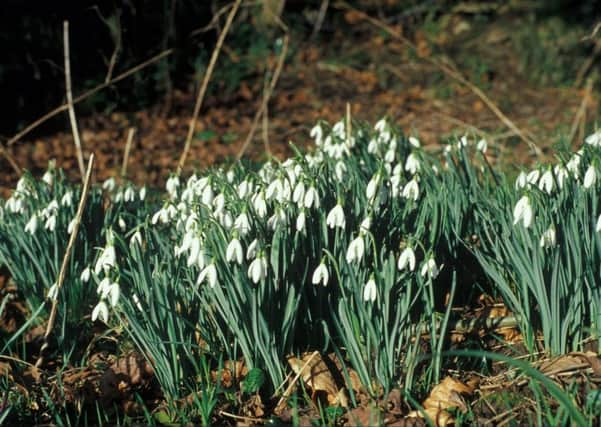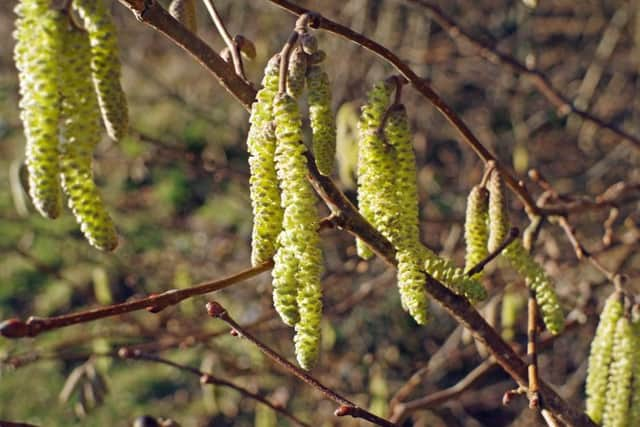Changing seasons: ‘To see spring in December no longer seems unusual’


As winters get milder, the warmer and drier spring weather seems to be coming earlier each year.
The Woodland Trust’s Nature’s Calendar project – the leading survey into how climate change is affecting UK plants and wildlife – has recorded nearly 65 reports of early spring activity that started in November, including insects that have been spotted active up to five months earlier than normal.
Advertisement
Hide AdAdvertisement
Hide AdAccording to the conservation charity’s Northern Ireland director, Patrick Cregg MBE: “We had a sighting in Co Antrim of hazel in flower on February 2. This is about a month earlier than you would expect.


“We also have a sighting in Co Down of snowdrops in flower in late December. This is slightly earlier than the usual January flowering.”
Mr Cregg said reports of gardeners mowing their lawns in January and February also pointed to the spring weather arriving earlier than usual.
According to Met Office meteorologist Emma Smith, December 2018 was “milder and drier” than normal, with the maximum temperature recorded in Northern Ireland 13.1 degrees Celsius.
Advertisement
Hide AdAdvertisement
Hide AdThe average daily high temperature for February is just seven degrees, but yesterday highs of a balmy 14 were recorded at a number of sites across the Province.
According to Ms Smith, the warm spell is expected to continue over the weekend, with temperatures expected to peak today at 14 or even 15, but fall slightly tomorrow to 12 or 13 – still well above average.
Reflecting on the UK’s changing climate, Abi Bunker, director of conservation and external affairs at the Woodland Trust, said: “Nature’s Calendar data has increasingly brought into question the way we think about the seasons, and to see spring in December no longer seems unusual. With butterflies, bumblebees and snowdrops being recorded across the festive period, we may have to start featuring different species on our Christmas cards.”
She added: “The Nature’s Calendar project is more than just spotting the seasons; data sent in by members of the public enables greater understanding of the repercussions climate change has for our beloved flora and fauna, and of the need to act to tackle global warming and other threats to our wildlife. In short, we need more recorders.”
Anyone who would like to become a Nature’s Calendar recorder should log on to naturescalendar.woodlandtrust.org.uk for more information.